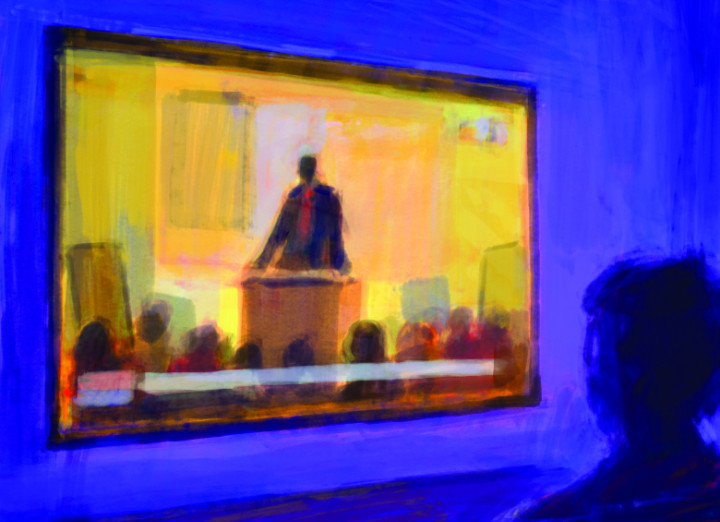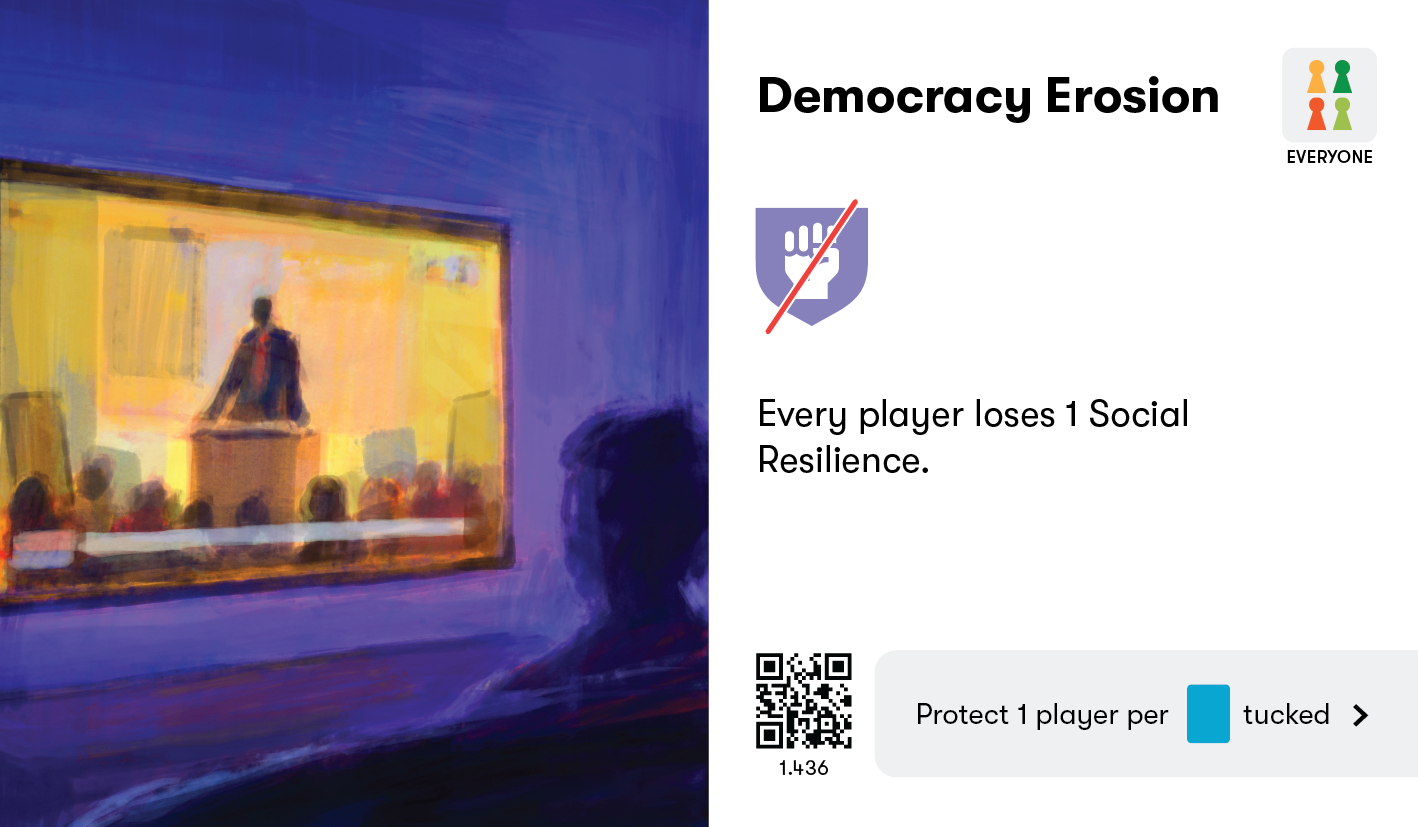Democracy Erosion
Crisis
Since the late 2000s, democracies have been in decline. Around the world, liberal rights, such as freedom of speech and the press, are being degraded, the rule of law is weakening, and voter restrictions are increasing.
Fossil fuel companies and other firms who profit from the exploitation of people and nature have exploited democratic processes to successfully block change through lobbying and relationships with corrupt politicians. This is part of the bigger problem: ownership and wealth is highly unequal in most countries, giving a few people more power than everyone else. Meanwhile, digital technology has created new threats to democracies.
These issues have slowed down or stopped action to tackle the climate emergency. They have also deepened injustice, as those who are most excluded from political decisions — including People of Color, Indigenous People, migrant communities, women, low income people, and the young — are those who are disproportionately impacted by the emergency despite being least responsible.
Greater democratization can help boost action to tackle the climate emergency and protect communities from its worsening impacts. This gives them a say and diminishes the power of those who profit from the emergency. Democratization can also include more democratic ownership of the economy, which gives citizens more control and rights over how to achieve sustainability and do so equitably.
Every player loses 1 Social Resilience.
If this Crisis was face up during the Local stage and players tucked cards under it, this effect can be ignored by as many players as there are cards tucked under this card.

Environmental democracy (Westminster Foundation for Democracy)
Democracy and Climate Change (International Institute for Democracy and Electoral Assistance)
📕 The big idea: Is democracy up to the task of climate change? by Rebecca Willis
Ownership Futures: Towards Democratic Public Ownership in the 21st Century (Common Wealth)
Campaigns for greater political and economic democracy exist around the world, for example: